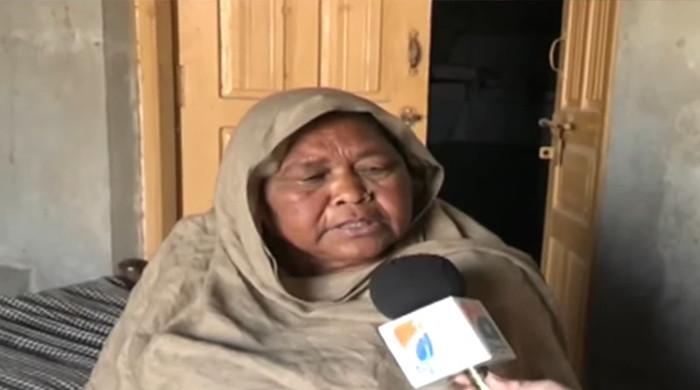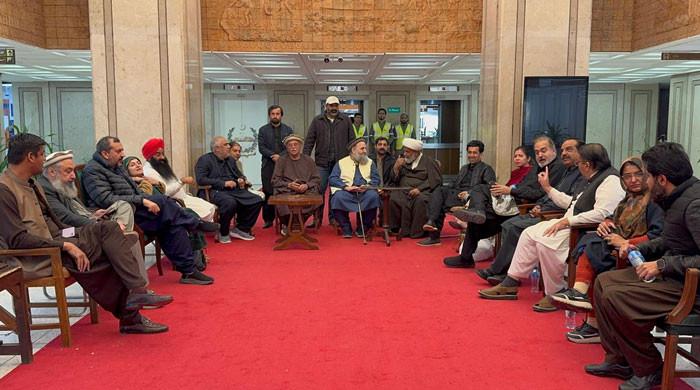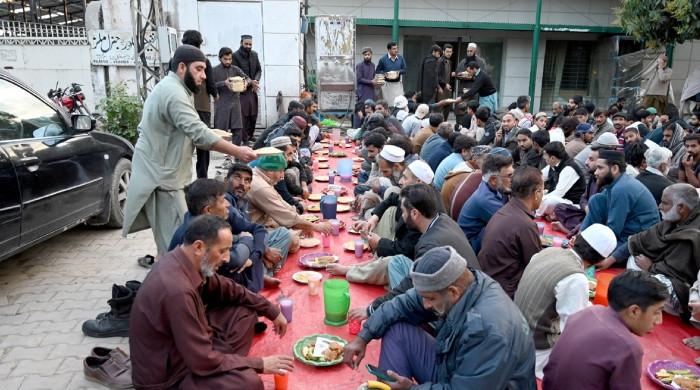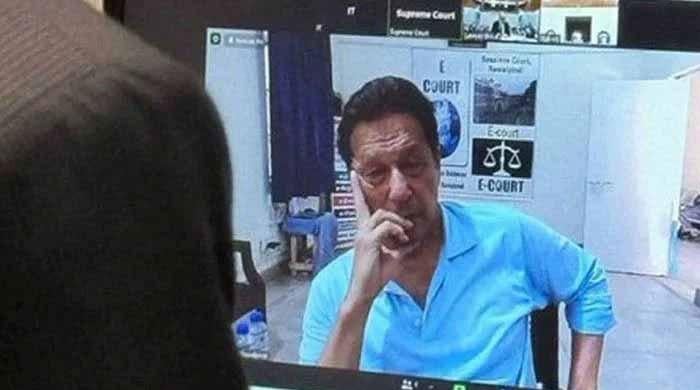What will happen if no-confidence motion succeeds against PM Imran Khan?
The NA is all set to vote on no-confidence motion this Sunday after Opposition decided to oust Prime Minister Imran Khan
April 01, 2022
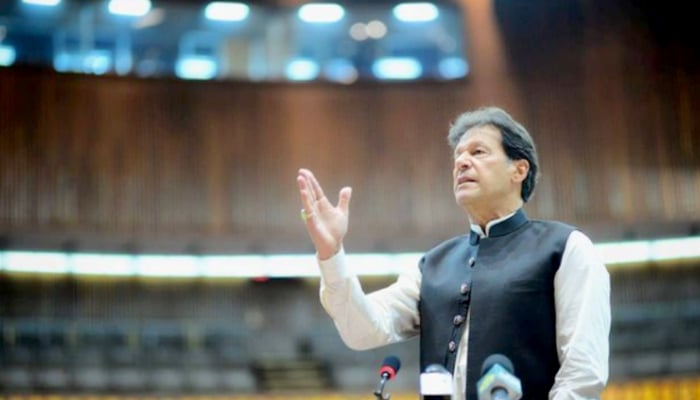
The National Assembly is all set to vote on the no-confidence motion this Sunday after the Opposition decided to oust Prime Minister Imran Khan, accusing him of pushing the country into economic and political turmoil.
The PTI effectively lost its majority in the 342-member National Assembly Wednesday when a coalition partner — MQM-P — said its seven lawmakers would vote for the Opposition alliance. Before them, several other allies and PTI MNAs announced they will cross benches.
As a result, the PTI has the support of 142 MNAs while the Opposition has 199 — more than the required numbers of a simple majority, 172.
But if the prime minister is ousted, how will the next premier's election take place?
Proposals
The NA rules and procedures mention that if the prime minister's seat falls vacant, the house will proceed to elect a new Muslim premier without debate or any other business.
Any member may propose or second the name of any Muslim candidate for the top office, but no lawmaker's name can be submitted twice — they can be named only on a single nomination paper.
Once the names have been decided, the names of the candidate should be sent to the Secretary by 2pm on the day preceding the day on which the election of prime minister is scheduled to take place.
Scrutiny
The speaker shall, in the presence of the candidates or their proposers or seconders who may wish to be present, scrutinise the nomination paper and may reject a nomination paper if he is satisfied that:
- the candidate is not a member of the Assembly;
- any provision of rule 32 has not been complied with; or
- the signature of the proposer, the seconder or the candidate is not "genuine"
Following the scrutiny, the speaker has the power to either accept or reject the nomination papers. In case the papers are rejected, the speaker will have to briefly record the reasons.
"The decision of the speaker — accepting or rejecting a nomination paper — shall be final," the NA rules read.
Withdrawal of nomination papers
A candidate can withdraw their candidature at any time before the election takes place.
Polling
On the day of the election, the speaker will read out the names of the candidates.
In case there is only one contesting candidate and they secure the votes of the majority of the total membership of the assembly, the speaker shall declare them to have been elected.
And if the contesting candidate fails to secure the votes of the majority of the total membership of the assembly, all proceedings will commence afresh.
Meanwhile, if there are two or more contesting candidates and if no contesting candidate secures such a majority in the first poll, a second poll will be held between the candidates who secured the two highest numbers of votes.
If the number of votes secured by two or more candidates securing the highest number of votes is equal, further polling will be held between them until one of them secures a majority of the votes of the members present.
When the prime minister is elected
After the prime minister has been elected, the speaker shall send the result in writing to the president and the secretary will issue a notification to be published in the gazette.
Will the PM be immediately sent packing?
Yes and no. According to Article 94 of the Constitution of Pakistan, the president may ask the prime minister to continue to hold office until his successor assumes the position.




